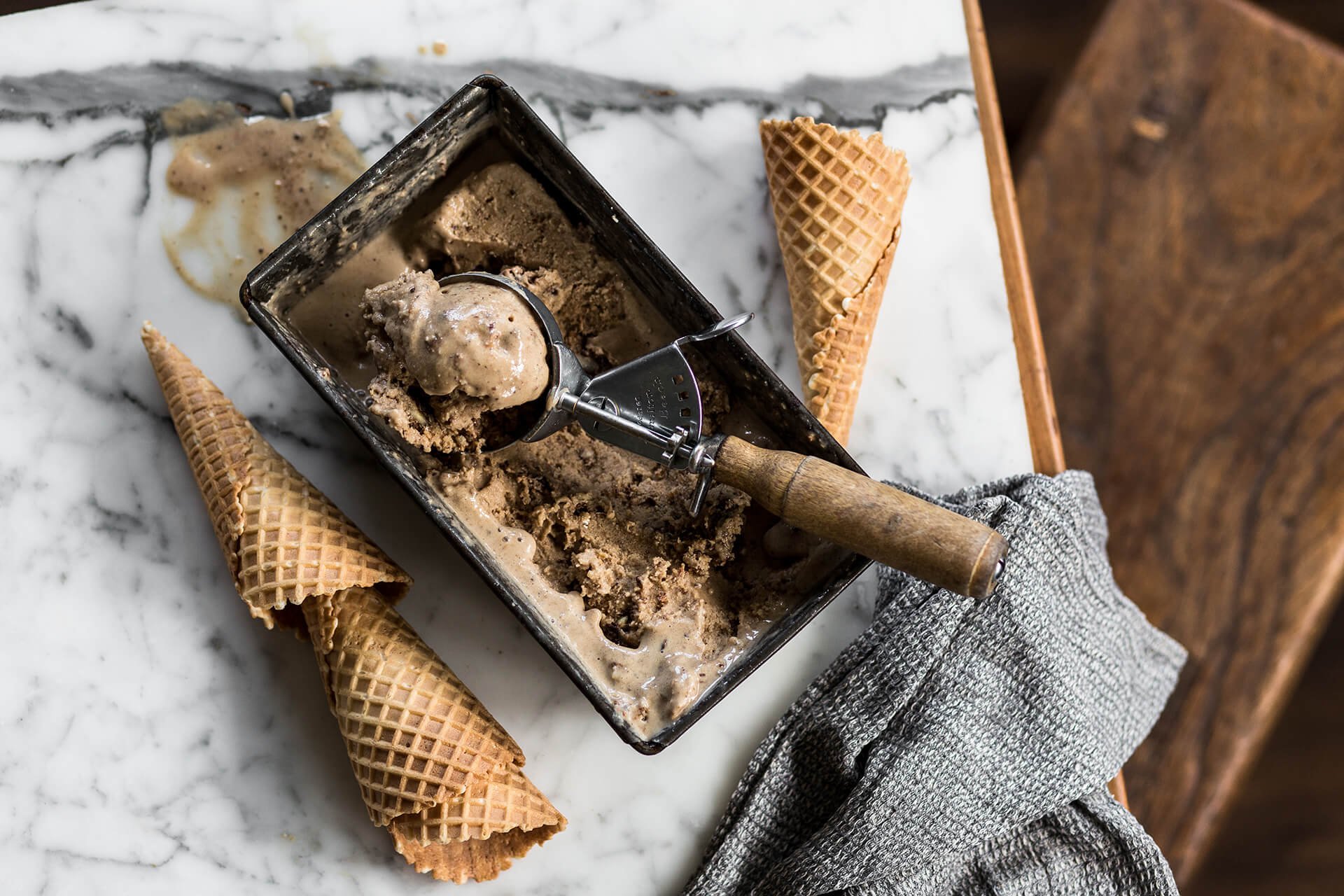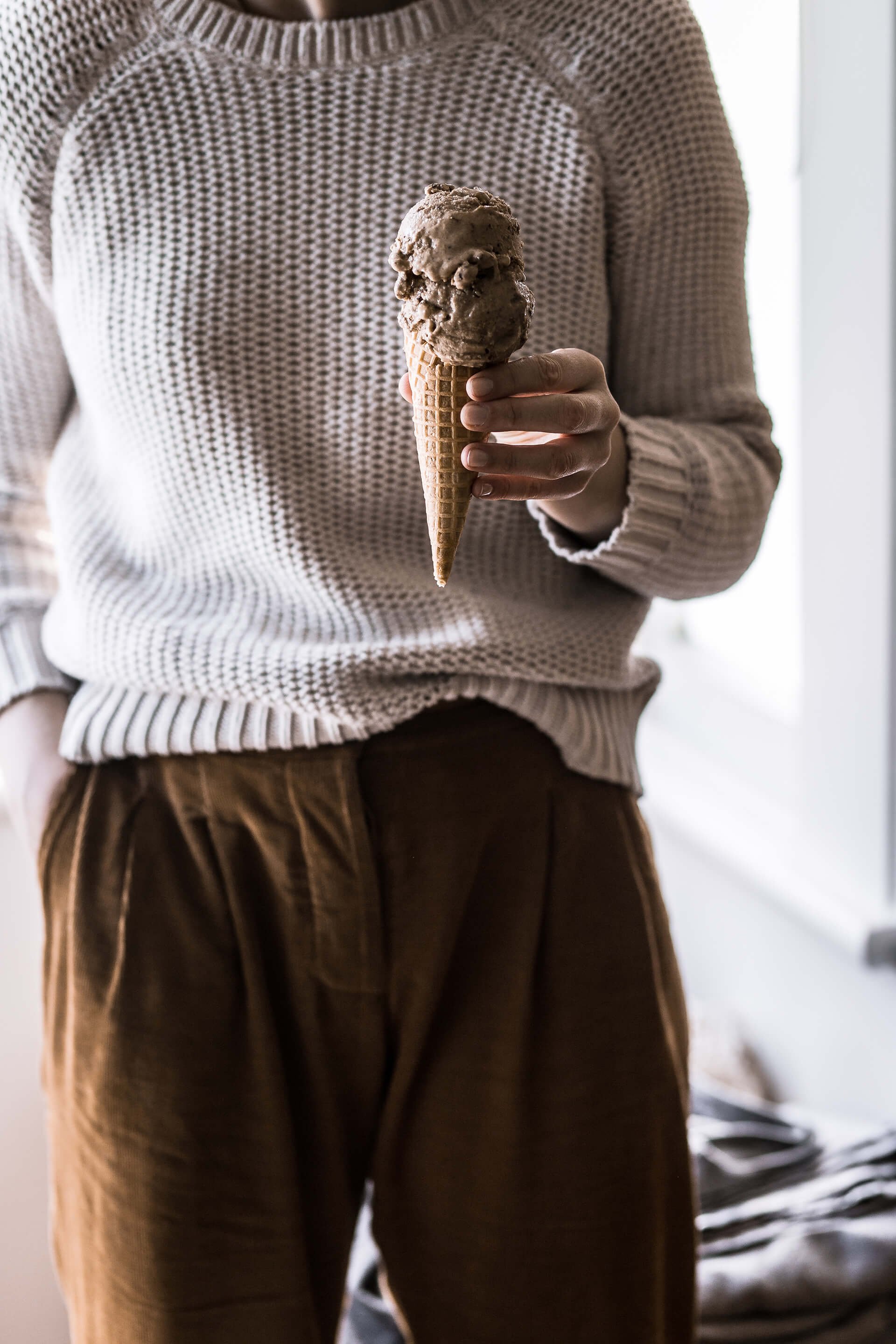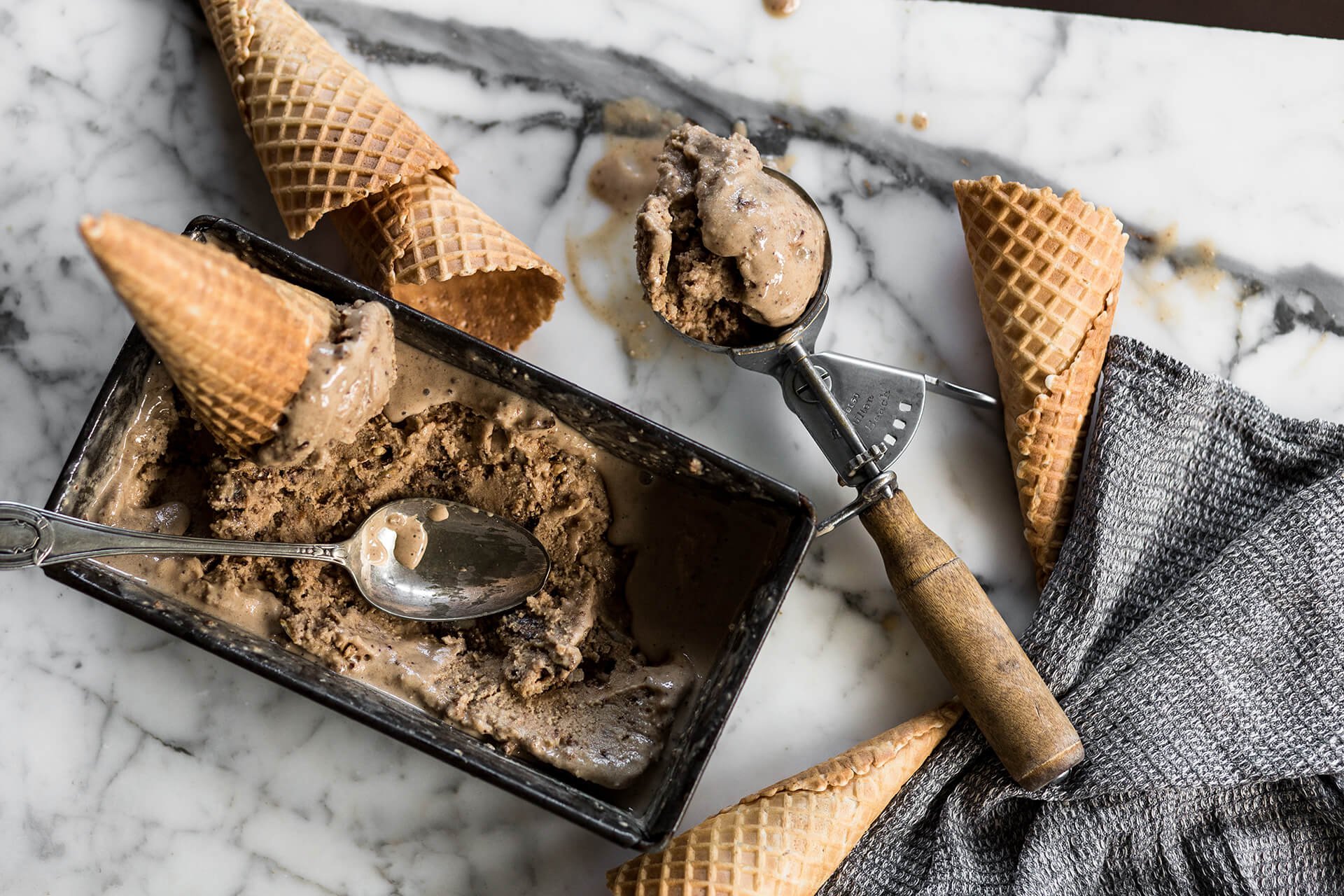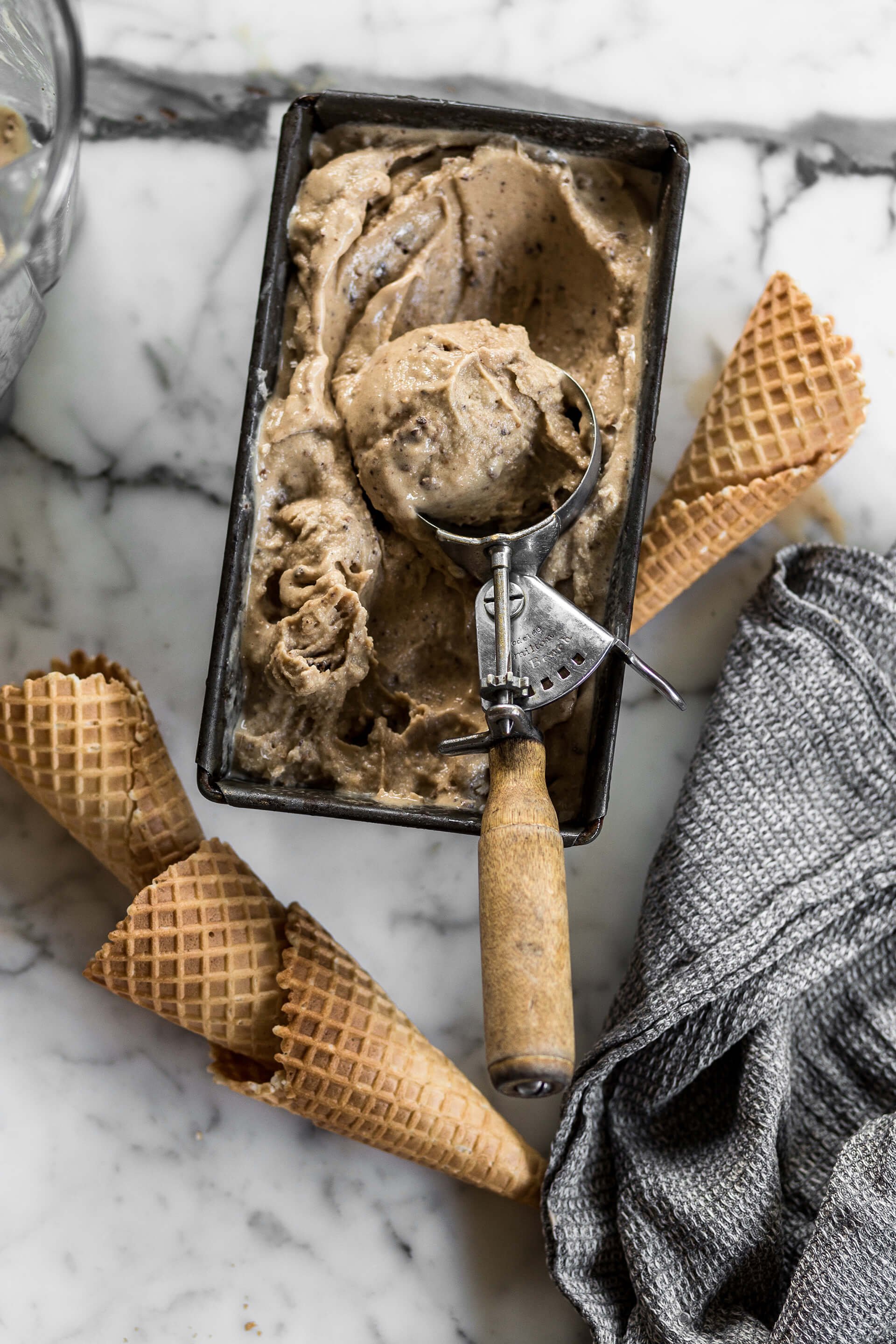Responsibility in food packaging
Recalling a conversation with Megan May, founder of Little Bird Organics some years back regarding packaging we discussed how important it was for brands to be responsible for the products they manufacture, process or retail and any associated packaging when they become waste. And that while it did cost more it was the right thing to do and at the same time equally disappointing that so few brands were prepared to accept responsibility for their product packaging, for their waste - prepared to sacrifice their margins. And so consequently, Little Bird Organics Chocolate Hazelnut Cookie and Double Chocolate Hazelnut Cookie packaging are home compostable, the packaging returned to the earth at the end of its’ useful life. At this point I am reminded of The Slow Factory manifesto - “Everything you make returns to the earth as food or poison,” and given long enough to consider this, it’s terrifying to comprehend the damage incessantly inflicted on our fragile environment and thus the implications.
Convenience culture and the global industrial food complex
According to Research and Markets the global market size of snack foods is projected to reach USD 219.6 billion in 2024. Previously bulk snack food packaging was the standard, expected that people would portion out products on their own, but apparently, people are prepared to pay a premium for snack foods that are already pre-portioned in single-serve packaging for their convenience. Read, more packaging. Such reports will site the market growth and that this growth is “primarily driven by factors such as changing lifestyles of the consumers worldwide,” - so what this tells us is that market forces do not shape our economy, our economy is shaped by individual and cultural attitudes. Attitudes that can be used to transform our economy.
Cheap ultra-processed snack foods, some of the finest examples of anti-environmentalism dominate the food supply. And shaping our broken global food system are corporations whose business models are based on highly profitable products that fund advertising campaigns, special interest lobbying and the present-day nutritional outputs of the global industrial food complex. Policy incentives reinforce the existing food system but so do our purchases.
Market growth for the plant-based snack industry continues to grow by a compound annual growth rate (CAGR) of 8.7 per cent from its current 2018 value of $31.8 billion. The report explains, “The growing trend for veganism and vegetarianism is further leading to the increasing demand for plant-based snacks and products.” It also credits the growing desire for vegan food to “Increasing concerns regarding animal welfare and treatment,” which “is considered to be another driver for the growth of plant-based snacks and products in developed economies.” Oatly increased production by 1,250%.
Culture shapes behaviour.
“Far from encouraging efficiency, markets have become the major driver of waste and inefficiency in developed countries. If we do away with the need to produce mountains of wasted resources, it will be simple to change our society in ways that will reduce the harm we do to the natural environment, improve our quality of life, create more jobs with more meaning and, most of all, give us more time to spend with the people, and on the things, we love the most.”
An extract of Richard Denniss’ Curing Affluenza: How to Buy Less Stuff and Save the World, published by Black Inc.








